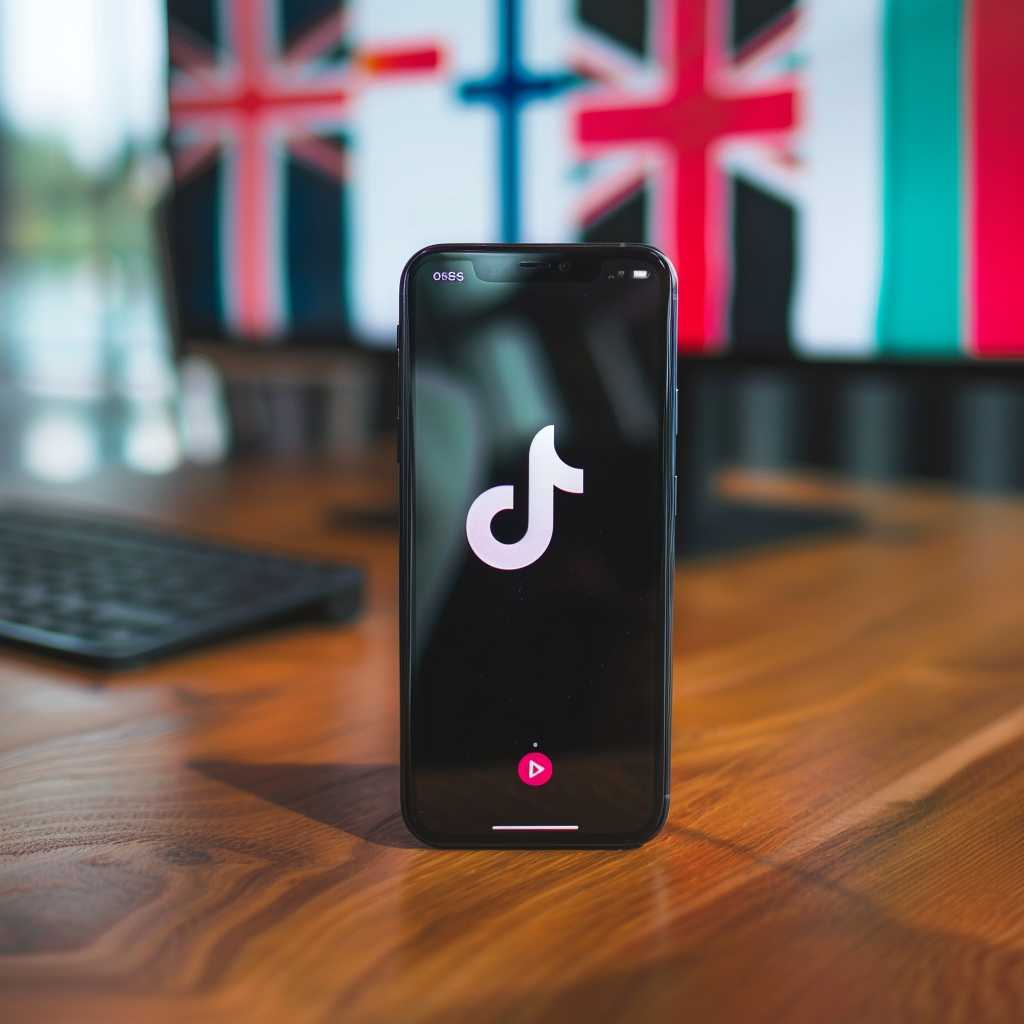The Global Debate Over Banning TikTok: Assessing the Issues and Consequences
In an ever-increasing digital era, social media platforms play a significant role in shaping the cultural, political, and socio-economic landscape worldwide. TikTok, as one of the most prominent video-sharing apps globally, has come under scrutiny from various governments. Calls to ban the platform have sparked considerable debate due to concerns over national security, user privacy, data exploitation, and content censorship. This article examines the multiple aspects leading to such interventions, looks at precedents set by various countries regarding bans, and contemplates the impacts and responses to the potential or enacted bans.
Contextualizing TikTok: A Rapid Ascent to Fame
TikTok’s popularity has soared since its international launch in 2018, capturing the attention of billions across various demographics. Created by ByteDance, a Beijing-based company, TikTok allows users to create short-form videos spanning genres such as dance, comedy, and education. As of early 2023, it has become one of the most downloaded apps, particularly cherished among younger generations for its engaging content and algorithmic prowess in offering personalized feeds.
National Security Concerns and Privacy Issues
In debates over TikTok’s presence in certain countries, national security concerns predominantly serve as the rationale for banning the app. Governments are apprehensive about how ByteDance may handle sensitive user data. Suspicions arise that personal information could be accessible to the Chinese government and used for espionage or influence operations due to China’s allegedly stringent data control laws that might compel companies to cooperate with state intelligence work.
Data Localization and Sovereignty
The principle of data localization reinforces these fears. Some critics argue it is essential that citizens’ data remain within national borders to protect privacy and maintain sovereignty. In regions where TikTok has faced a potential ban, local authorities advocate for measures to ensure that any collected information not leak to foreign entities—a challenge given the international nature of TikTok’s operations.
Impact on Freedom of Speech and Content Censorship
Simultaneous with security and privacy issues are worries regarding freedom of speech and content censorship on TikTok. Accusations have occasionally surfaced that TikTok might suppress content deemed unfavorable by certain governments or ideologies. Debaters from one aisle claim banning the app may impede free expression because many users utilize this platform for advocacy and storytelling. Meanwhile, proponents for moderation seek protocols to prevent misinformation, harmful content, and exploitatively addictive algorithms.
Precedents: Countries That Have Banned TikTok
Several nations have preemptively banned or considered banning TikTok for varying durations and reasons. The Indian government took a momentous step by outright banning TikTok in June 2020 alongside other Chinese apps due to escalating border tensions between India and China; cybersecurity played a part in this decision. In the United States, the discussion around a TikTok ban has seen bipartisan concern but legal and enforcement challenges are ongoing., Complex legal tape around jurisdictional authority over digital realms complicates outright bans.
Potential Consequences for Multiple Stakeholders
The consequences of such bans ripple through stakeholders—from national governments grappling with diplomatic repercussions to local entrepreneurs leveraging TikTok’s reach for business growth. Users face losing a platform for communication and self-expression, while the precedent set by shutdowns can impact future tech policies worldwide.
The Global Response: Diplomacy and Détente
As these debates mature, the global response sees a mix of diplomacy aimed at assuring data security without stifling innovation., ByteDance endeavors to reassure international markets with increased transparency and potentially restructuring its domestic data handling processes.all aimed towards placating security fears while maintaining its user base intact.
Economic Impacts: A Delicate Balance between Security and Growth
The economic impact of a TikTok ban bears examination.from disrupted advertising markets to losses in content creator revenue streams., The paradoxical challenge for decision-makers lies in finding equilibrium between national security interests and the economic benefits derived from global digital platforms like TikTok.
Notes
Image description: A smartphone displaying the TikTok logo on its screen rests on a wooden table. In the background is a blurred image of an international flag montage that represents the diverse national discourse surrounding social media regulation.
